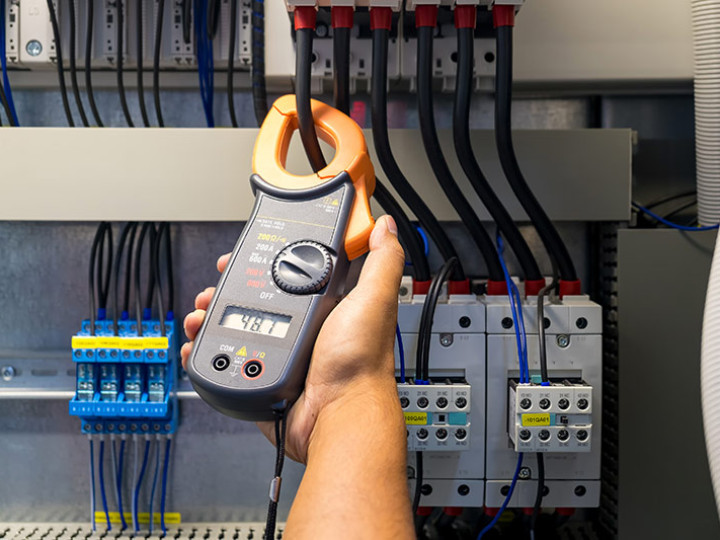An energy audit is a systematic approach to problem solving and decision making on a building’s existing HVAC equipment. Energy audits are becoming increasingly popular and important to building owners for two main reasons:
- Energy efficiencies of HVAC equipment directly affect the operational cost’s bottom-line, and secondly,
- Implementing an audit’s recommendation allows “boasting rights” to promote the building’s improved “green” and sustainable environment efforts.
We have specialized and certified professionals to conduct custom audits and assessments. In fact, troubleshooting problem equipment is an area in which we excel. Learn more about the energy audit process.
Energy Audits/Surveys
Energy audits vary in depth, depending on the configuration of the building energy systems, the project parameters set by the client, and the scope and capabilities offered by the energy auditor. Because it is usually not possible to know where the audit process will lead and what level of effort will be the most cost effective, ASHRAE (American Society of Heating, Refrigerating and Air Conditioning Engineers) has defined three progressive levels or type of audits.
ASHRAE Level 1 – Walk-Though/Preliminary Audit
- Rapid assessment of building energy systems
- Building energy benchmark
- High-level definition of energy system optimization opportunities
- Outline applicable incentive programs
ASHRAE Level 2 – Energy Survey and Analysis
- Detailed building survey of systems and operations
- Breakdown of energy source and usage
- Identification of EEMs for each energy system
- Range of savings and costs for each EEM
- Spotlight on operational discrepancies
- Outlining priorities for limited resource EEMs, next steps and identification of EEMs requiring more thorough data collection and analysis (Level 3 audit)
ASHRAE Level 3 – Capital Investment Grade Audit
- Longer term data collection and analysis
- Whole-building computer simulation calibrated with field data
- Accurate modeling of EEMs and power/energy response
- Bid-level construction cost estimating
- Investment-grade decision making support
Representative Projects
- Texas Christian University – Worth Hills Central Utility Plant, Fort Worth, Texas
- Sundance Square – Central Utility Plant, Fort Worth, Texas
